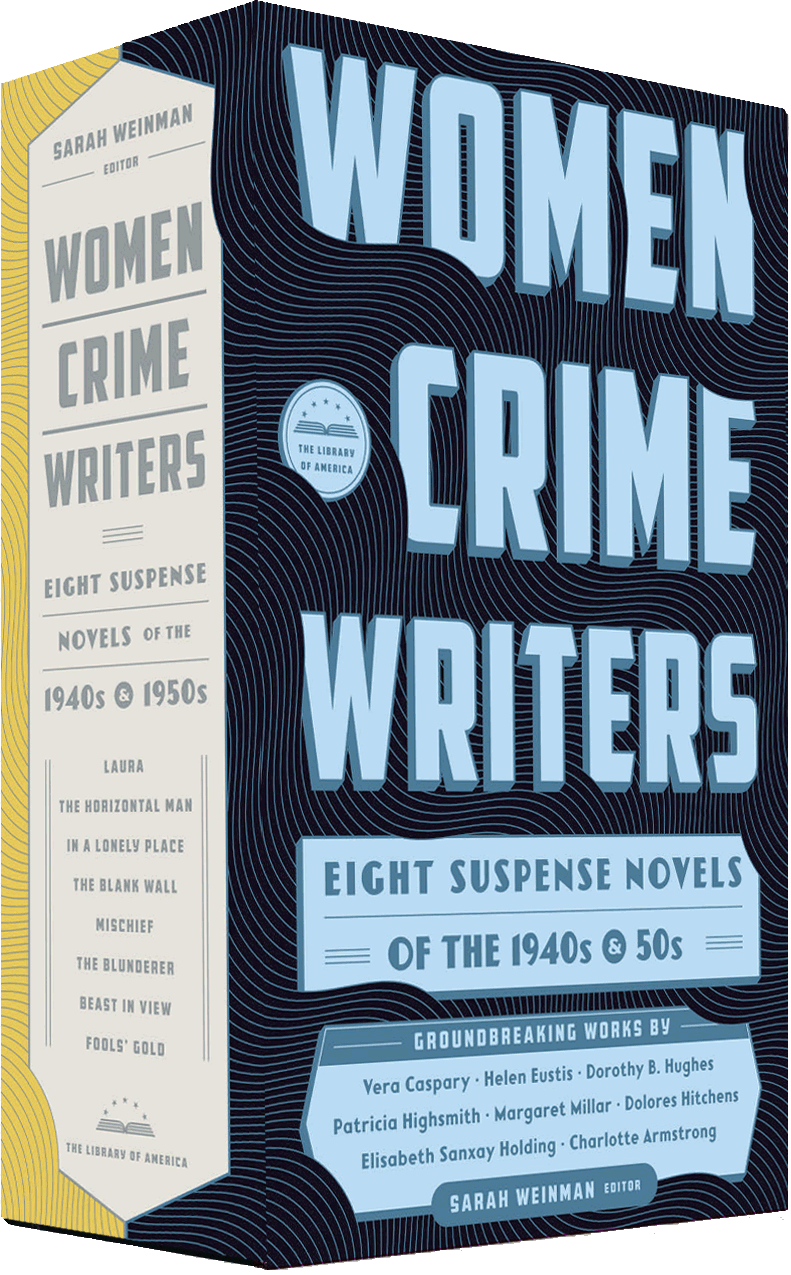Nothing Gold Can Stay
Duane Swierczynski on Dolores Hitchens’s Fools’ Gold

Duane Swierczynski
Early in the pilot episode of Better Call Saul, bottom-feeding attorney Jimmy McGill (Bob Odenkirk) is stuck defending three young men charged with a truly heinous crime. “Oh to be 19 again!” he bellows to the jury. “Ladies and gentlemen, do you remember 19? Me personally? If I were to be held accountable for some of the stupid decisions I made when I was 19, oh boy wow. . . Which brings us to these three.” He points at the defense table. “These three knuckleheads—and I’m sorry, boys, that’s what you are—they did a dumb thing.”
Now I don’t know what Dolores Hitchens’s family life was like. But one thing is certain: Hitchens knew nineteen-year-olds could be complete knuckleheads, and could be counted on to do a dumb thing. Take Skip and Eddie, the young protagonists of Fools’ Gold, Hitchens’ 1958 caper-gone-way-way-wrong thriller. Bitter that life has handed him a raw deal, Skip comes up with a plot to steal a fat stack of cash from a high-rolling boarding house guest in Pasadena. Skip’s lifelong pal (and self-described “follower”) Eddie thinks this plot has more than a few cracks in it—but doesn’t want to disappoint Skip, who’s already spending the cash in his imagination. The caper hinges on Karen Miller, a shy orphan girl who lives in the same boarding house with Mrs. Havermann, the widow owner who raised her since she was ten. Karen, who’s enrolled in a secretarial course, is flattered by the attention from Skip and would do pretty much anything to make him happy.
A punk kid and his two clueless worshippers, planning on a big score with no real idea of who they’re robbing, already seems like a recipe for disaster. But Skip’s dumbest move is telling his uncle—a 50-ish ex-con who immediately sees the heist as a way out of his dead-end caretaking job. Willy, in turn, enlists the aid of an old criminal pro who soon takes charge and makes Skip wish he’d never opened his mouth.
Suddenly—and this is the genius of Hitchens’s novel—you can see this going wrong in a million different ways. Hitchens so brilliantly establishes this hierarchy of crime that after a while, you start rooting for the knuckleheads. Skip, at worst, is guilty of trying claw his way out of a life that seems predestined, inescapable. Sure, 19-year-olds can be fools. But grown-ups who take advantage of them? Man, they should know better.
In the late ’50s, drug store racks were full of juvenile delinquent pulp stories by writers like Vin Packer (the hardboiled pseudonym of novelist Marijane Meaker), Evan Hunter, and Hal Ellson. And at first, that’s what I thought Hitchens was writing—a story of luckless Pasadena street kids running afoul of the law. But with the introduction of Uncle Willy and his gang, Hitchens hits the accelerator and t-bones this juvie pulp tale into the side of a late-50s model hardboiled crime caper—the kind of rough stuff Peter Rabe and Lionel White were writing for Gold Medal Books. I don’t think such a hybrid existed before Fools’ Gold—heists were supposed to be serious adult business. Kids, meanwhile, were supposed to be getting into street rumbles, greasing their hair and rolling cigarette packs up in their sleeves.
Today we see this fusion all over the YA bookshelves, with kids thrust into dire situations that would make those hardboiled writers of the 1950s blush. Hitchens’s 1958 novel, as it turns out, is both of its time and way ahead of it. If her originality hasn’t been acknowledged, it’s only because those coming after failed to see her skid marks on the road.
Extras
Amazon’s Dolores Hitchens Page
“Pourquoi Dolores Hitchens?” (“Why Dolores Hitchens?”) in Les Polarophiles Tranquilles • (English translation)
Review of the book and film at Mystery*File
On Bande À Part (1964, directed by Jean-Luc Godard), based on Fools’ Gold:
- “Band of Outsiders: Madison-sur-Seine” at the Criterion Collection blog
- Watch the trailer
- Watch a scene from Bande À Part
Listen to an excerpt of Fools’ Gold read by Scott Brick


 Sarah Weinman is widely recognized as a leading authority on crime fiction. She is the editor of Troubled Daughters, Twisted Wives: Stories from the Trailblazers of Domestic Suspense, which the Los Angeles Review of Books called “simply one of the most significant anthologies of crime fiction, ever.” She is the news editor for Publishers Marketplace, and her work has appeared in The New York Times, The Wall Street Journal, the National Post, and The Washington Post, among other publications.
Sarah Weinman is widely recognized as a leading authority on crime fiction. She is the editor of Troubled Daughters, Twisted Wives: Stories from the Trailblazers of Domestic Suspense, which the Los Angeles Review of Books called “simply one of the most significant anthologies of crime fiction, ever.” She is the news editor for Publishers Marketplace, and her work has appeared in The New York Times, The Wall Street Journal, the National Post, and The Washington Post, among other publications.